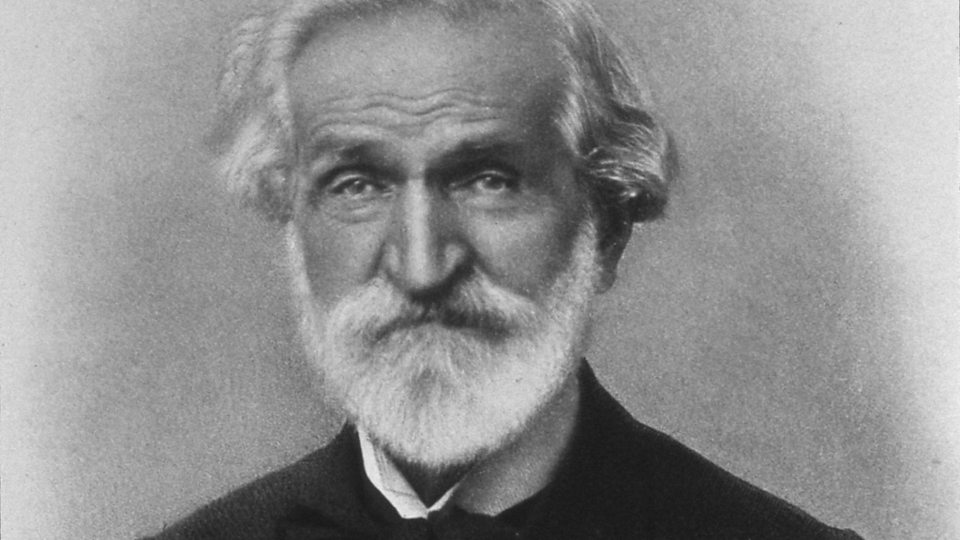Giuseppe Fortunino Francesco Verdi was born on 10 ottobre 1813 in Roncole, a village near Busseto, in the province of Parma. His father, Carlo Verdi, was an innkeeper and his mother was a spinner.
As a child he showed a great interest in music and took music lessons from the village organist, practicing on an out of tune spinet given to him by his father.
In 1832 Verdi moved to Milan and he applied to study at the Conservatory, but incredibly he was not admitted: the teacher of the pianoforte found that “Verdi would have to change position of his hands, which at the age of eighteen, would be very difficult”.
In 1848 he moved to Paris starting a cohabitation with Giuseppina Strepponi, an operatic soprano who was to become his lifelong companion. Verdi’s creative vein was always alert and fruitful: from 1851 to 1853 he composed the famous “Popular Trilogy”, well known for the three main operas contained therein, namely “Rigoletto”, “Trovatore” and “Traviata” (to which is often added also “I vespri siciliani”). The success of these operas is still resounding.
Since 1861, Verdi has also added political commitment to his artistic life. He was elected deputy to the first Italian Parliament and in 1874 he was appointed senator. In these years he composed “La forza del destino”, “Aida” and “Messa da requiem”, written and conceived as a celebration for the death of Alessandro Manzoni.
Giuseppe Verdi died on January 27th, 1901 at the Grand Hotel de Milan, in an apartment where he used to stay during the winter. He suffered a stroke and died after six days of agony. He wished for a simple funeral service and a modest burial in Milan beside his wife Giuseppina. However, the esteem in which he was held by Italians was immense: almost two thousand people followed the funeral procession.


